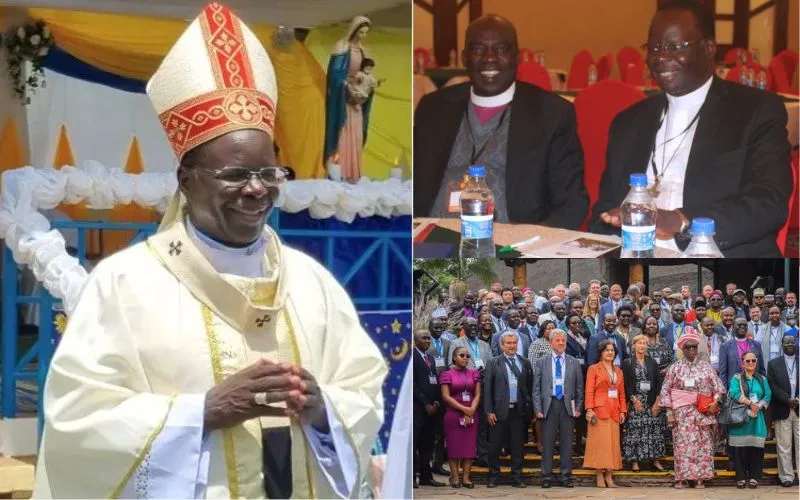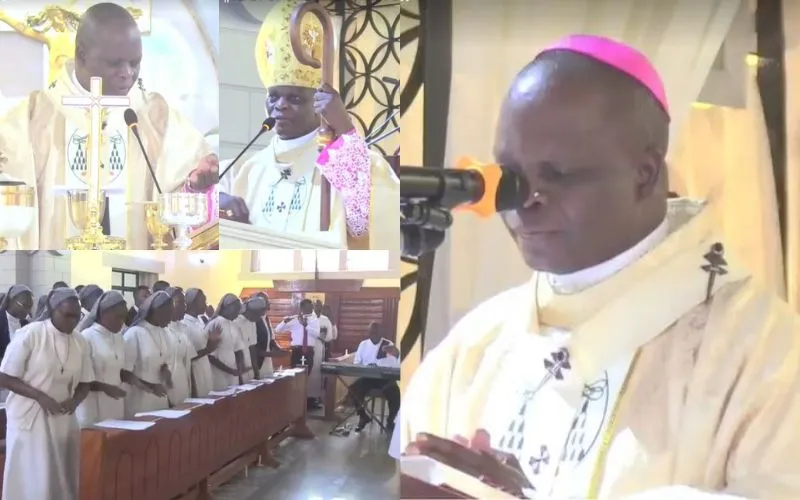While he acknowledged that the subject of religious freedom “complex,” the Ugandan-born member of the Comboni Missionaries of the Heart of Jesus (MCCJ) called upon the people of God to take pride in their religious identity and resist the temptation to use religion as a tool for “oppressing one another.”
“This is a very complex thing, as you may be perceiving. Most of these things come as a result of uncertainty in building the identity of who we are,” Archbishop Wokorach said referring to incidents of conflicts due to religious differences in some parts of Africa.
In the June 17 interview with ACI Africa on the sidelines of the one-day summit held under the theme, “Africa Together: A Continental Call to Religious Freedom”, the Catholic Church leader said that he believes that “no religion is preparing to be against the other.”
“If the people are prepared to be identified and take pride in it, because it links them with the true God, then it shouldn't put them against the other,” he said.
The MCCJ Archbishop, whose transfer from Uganda’s Nebbi Catholic Diocese to Gulu Archdiocese was made public on March 2024 also appealed for support toward the successful realization of the provision of basic education and the revival of Small Christian Communities (SCCs), key pastoral priorities he has identified for the people of God in his Metropolitan See.
“I thought that we should have pastoral priorities for our people,” he told ACI Africa, recalling a pastoral needs assessment study he spearheaded following his Episcopal Installation as Archbishop of Gulu in July 2024.
He added, “I was transferred to Gulu last year, and when I came, I tried to look around, talking to people, praying, and reflecting on the reality.”
Following a period of prayer, consultation, and discernment, Archbishop Wokorach recalled, he felt compelled to address the high number of school-age children who are out of school and vulnerable to criminal activities due to illiteracy and widespread poverty.
“They go around, not working, but trying to survive through violent means and so forth. That is part of the reality,” he said, and emphasized the need to respond to the situation by providing “proper education.”
The Local Ordinary of Gulu decried the acute shortage of qualified teachers, saying it is hampering his Metropolitan See’s efforts to evangelize “through education”.








